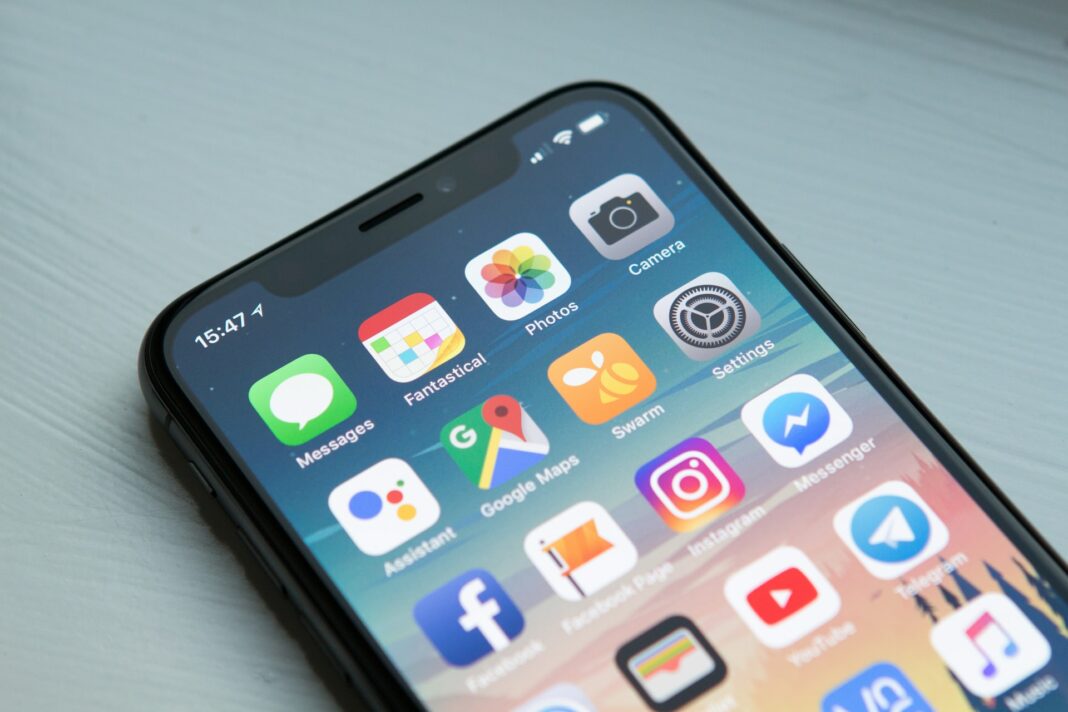So you’ve developed an iOS app and are excited to share it with the world. But before you can do that, you need to make sure that your app is obfuscated – this means that it’s made to be difficult for anyone other than the app’s original intended user to understand or reverse-engineer its code.
There are a number of reasons why businesses use app obfuscation, but the most common reason is security.
By making it hard for potential attackers to understand your app’s code, you reduce the chances of your app being compromised and stolen.
Here, we’ll explain everything you need to know about ios app obfuscation, from what it is to why businesses use it. We’ll also provide examples of different types of iOS app obfuscation and show you how to create an obfuscated iOS app yourself!
What Is App Obfuscation?
App obfuscation is a technique that can be used to make an app difficult to understand and analyze. It can also help disguise the app’s true identity and hide its origins. Obfuscation can be implemented in a number of ways, but the most common is to obfuscate the codebase.
What does this mean for you as an app developer? It means that app obfuscation is not a one-time event – it’s an ongoing process that should be implemented as part of your app development process.
By doing so, you can protect your app from detection by antivirus programs and other security tools. Additionally, app obfuscation can help to ensure that your app is appealing to a wider audience, by making it more difficult for security professionals to identify and analyze its code.
How Does App Obfuscation Work?
Keeping your iOS devices safe from malicious apps and data theft is essential. One effective way to do this is by using app obfuscation. App obfuscation is a security feature used on iOS devices to make it more difficult for attackers to reverse engineer an app’s code.
This makes it more difficult for hackers to understand and exploit the app’s vulnerabilities. app obfuscation works by replacing certain strings in an app’s code with randomized characters.
This helps to obfuscate the code and makes it more difficult for attackers to understand and exploit it. So, next time you’re wondering how app obfuscation works, or if it’s a good security feature for your app, read on for more information.
Why Do We Need To Obfuscate Our Ios Apps?
IOS app obfuscation is a vital security measure that app developers should take into account. This process helps us hide certain features from users, maintain our apps’ security, and avoid piracy.
For example, app developers cannot access the iPhone’s camera or microphone – two features that can be used for malicious purposes. Obfuscation also makes our applications look more professional and enhances the user experience. So, what are you waiting for? Start obfuscating your iOS apps today!
Types Of Ios App Obfuscation
If you’re working on an iOS app and want to make sure that it’s not easily reverse-engineered, you need to obfuscate it. Obfuscation can be done in three main ways – static, dynamic, and hybrid.
Static obfuscation simply replaces code with randomized gibberish, while dynamic obfuscation changes the behaviour of certain code fragments to prevent them from being analyzed.
Hybrid obfuscation is a combination of both static and dynamic obfuscation techniques together, making the app even harder to analyze.
Here, we’ll take a look at each type of obfuscation and explain what it does and how it works. So, whether you’re looking to make your app less visible to security scanners or just want to make sure that no one can reverse-engineer it, read on for the ultimate guide to iOS app obfuscation!
Obfuscating Metadata
In today’s mobile-centric world, it is of utmost importance to keep your app secret. By obfuscating metadata, you help protect your app from being exposed and protects user data from leakages. Metadata plays an important role in understanding how users are interacting with your app – whether that be through movements or survey responses.
If it can’t be accurately analyzed, then the chances of optimizing and improving performance for better engagement fall by the wayside. So making sure all relevant metadata is obfuscated using various methods such as encryption or compression will go a long way in protecting your app’s secrecy as well as its users’ privacy.
Security And Privacy Of Your Data
Data security and privacy is a major concerns for users these days. By obfuscating sensitive data, you can helping them keep its information safe and private from prying eyes. There are various types of iOS app obfuscation available and each has its own benefits.
For example, App obfuscation can make your app look more professional, increasing its chances of getting featured on the App Store’s Featured Section as well as boost in user engagement rates. In addition to that, it also helps improve security by hiding sensitive data from unauthorized access or theft.
App Encoding
One of the most important steps in app development is encoding the app. This process helps to protect your intellectual property (IP) and keeps it hidden from prying eyes. There are three main types of app encryption – dynamic, static and obfuscated.
Obfuscation is considered to be the most secure option as it makes reverse engineering difficult. However, this can also increase development time and costs. It’s important to choose the right type of encryption for your app – make sure you select one that will meet your needs!
Why Do Businesses Use Ios App Obfuscation?
Businesses use iOS app obfuscation for a variety of reasons. One of which is to keep their apps secret and prevent them from being stolen or copied by competitors. Obfuscation is a security measure used in order to protect apps from reverse engineering and hacking.
By using iOS app obfuscation, businesses are able to stay ahead of the curve and remain competitive in today’s market. Obfuscation can be used for a variety of reasons, including protecting the privacy of customers data. So, whether you’re a business owner looking to protect your app from theft, or a customer looking for a secure app, obfuscation can help you achieve your goal.
Conclusion
App obfuscation is a process that helps to protect the privacy of your iOS apps by hiding their source code. By doing this, you can avoid potential attacks and keep your data safe. Not only does app obfuscation protect your apps, but it also prevents reverse engineering, which can help you steal your app’s secrets. Here we have outlined the why, how and what of app obfuscation, so that you can decide if it’s the right solution for your business. Keep in mind that app obfuscation is not a one-time process – it must be done on an ongoing basis to keep your apps safe. If you have any questions or suggestions, please feel free to leave them in the comments below.






